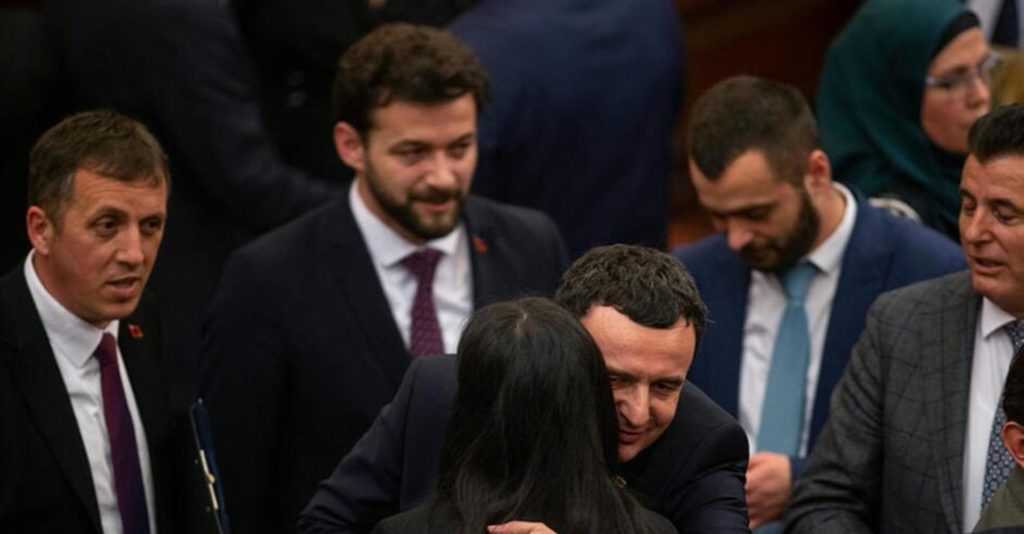TIRANA, Albania (AP) — The new prime minister of Kosovo traveled to Albania for his first official trip Tuesday but while there resisted the idea of participating in a regional cooperation initiative that would improve both countries’ chances of becoming European Union members in the future
The leaders of Albania, Serbia, North Macedonia and Montenegro have met regularly in recent months to discuss how cooperation in the Western Balkans could advance separate national efforts to join the EU. The regional initiative has been dubbed “mini-Schengen,” after Europe’s Schengen Area that allows passport-free travel between more than two dozen countries.
Kosovo declined to take part in the three summits, saying the meetings were “meaningless” as long as Serbia and Bosnia do not recognize Kosovo’s 2008 independence declaration. Kosovo is a former Serbian province.
Kosovar Prime Minister Albin Kurti, who took office one week ago, said he and Albanian Prime Minister Edi Rama talked about speeding up implementation of 77 bilateral agreements instead of focusing on the Balkans and the European Union.
Rama responded to Kurti’s resistance by saying their two countries should create “a joint space of free movement for people, goods, capital and services, which was unimaginable until yesterday due to the resistance from Serbia and other countries.”
“We should do our best to take this process ahead because no one could say we are creating Greater Albania by abolishing our border,” Rama added. The six Western Balkan countries are at different stages on the path to becoming part of the EU. While Montenegro and Serbia have already opened accession talks, France and some other EU members blocked Albania and North Macedonia in October from starting the process.
AP / balkantimes.press
